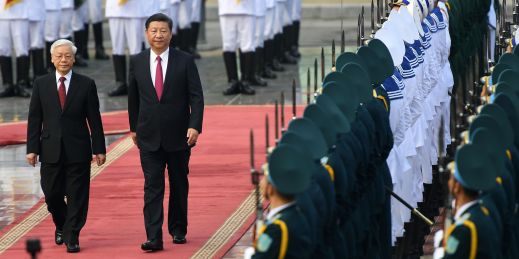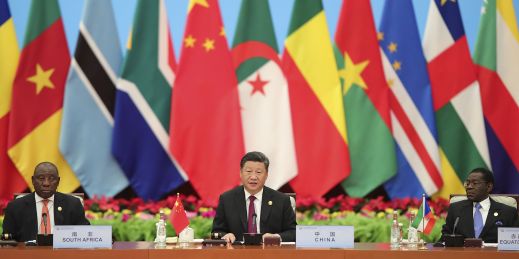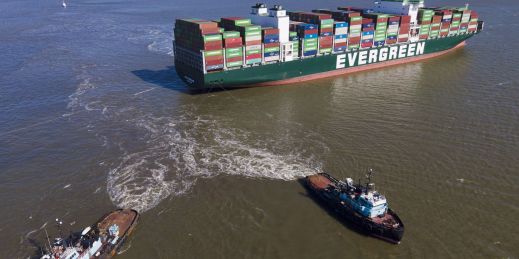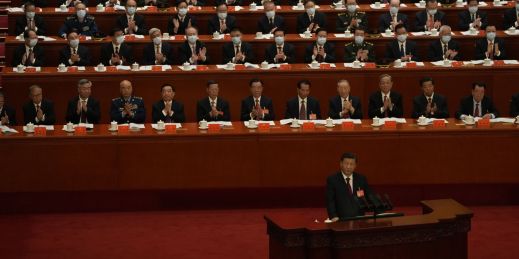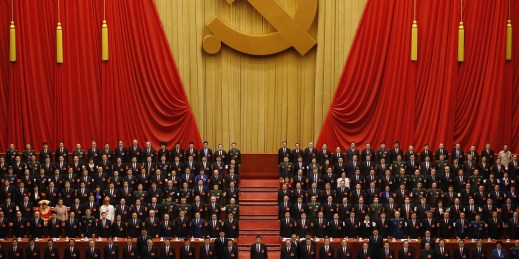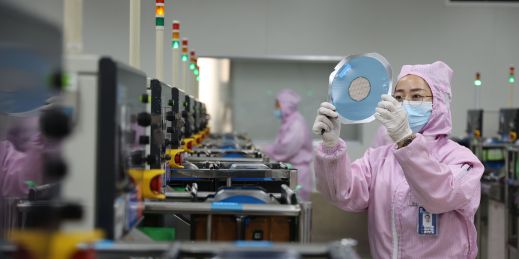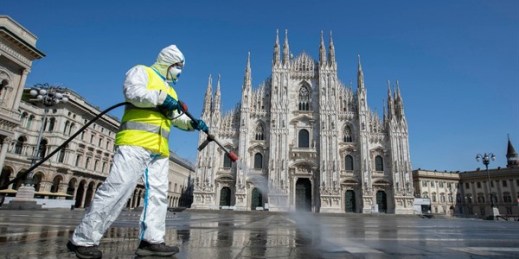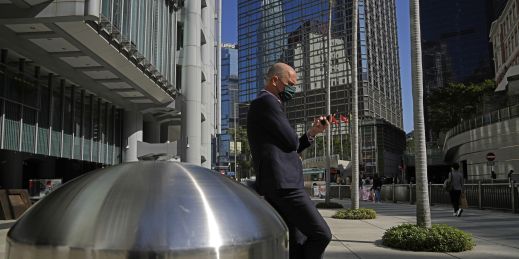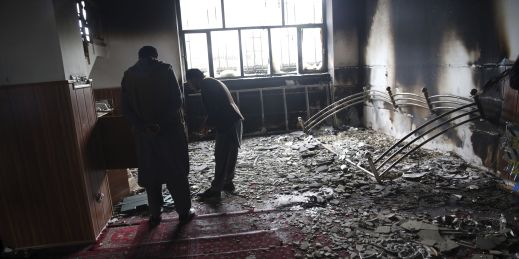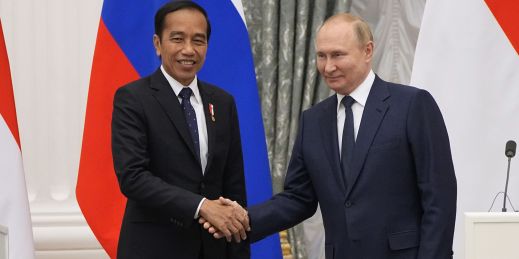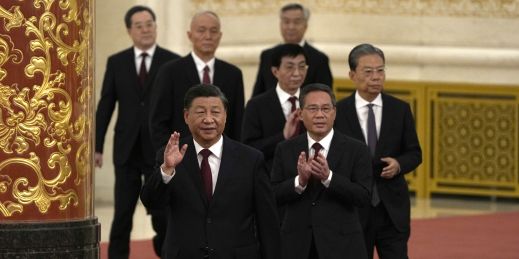
Chinese President Xi Jinping’s selection of a new politburo at last week’s 20th party congress set the tone for the next five years and sent a message: that loyalty trumps competence, and security—in its many dimensions, for both Xi and China—must be a top priority. Two events at that congress also stood out as indicative of the trends taking shape under Xi’s rule.

